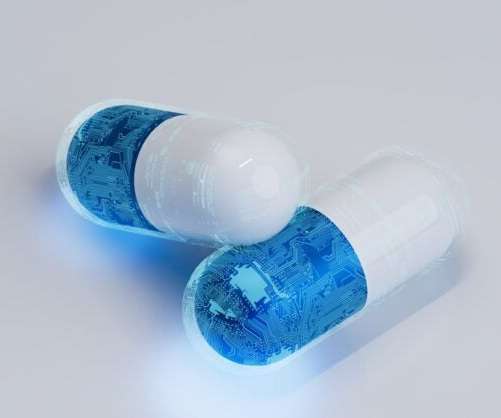The future of medical cannabis development in Europe
European Pharmaceutical Review
JULY 13, 2023
1,2 Moreover, except for countries such as Czechia, Denmark and Germany, the cost of these medications is borne by the patient, rather than national insurance or healthcare systems. 3 With established drug development pathways, we are accustomed to a rigid structure of translation from bench to bedside.













Let's personalize your content